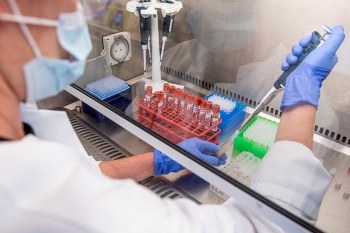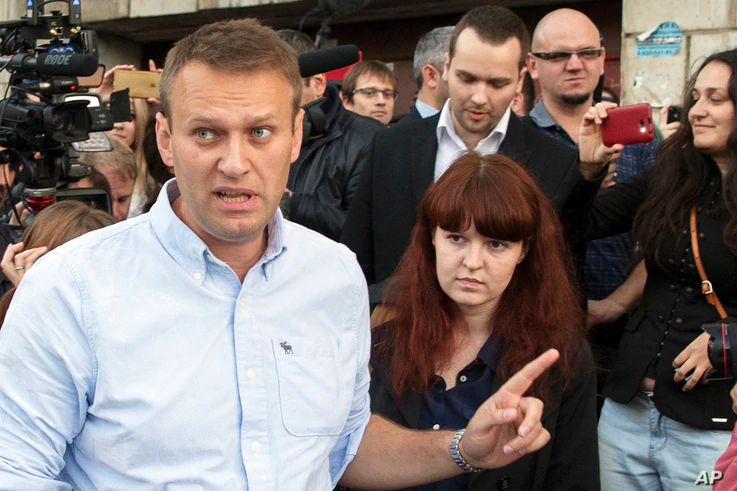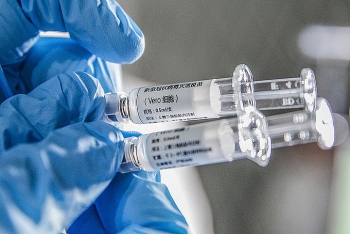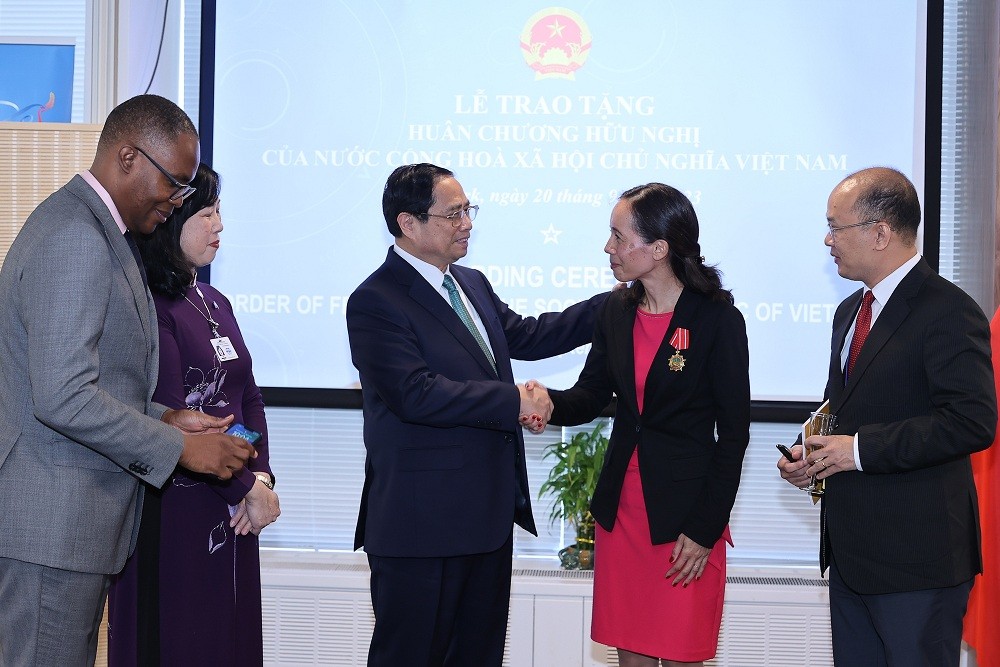China’s SinoVac Vaccine aims to beat Covid the Old-Fashioned Way
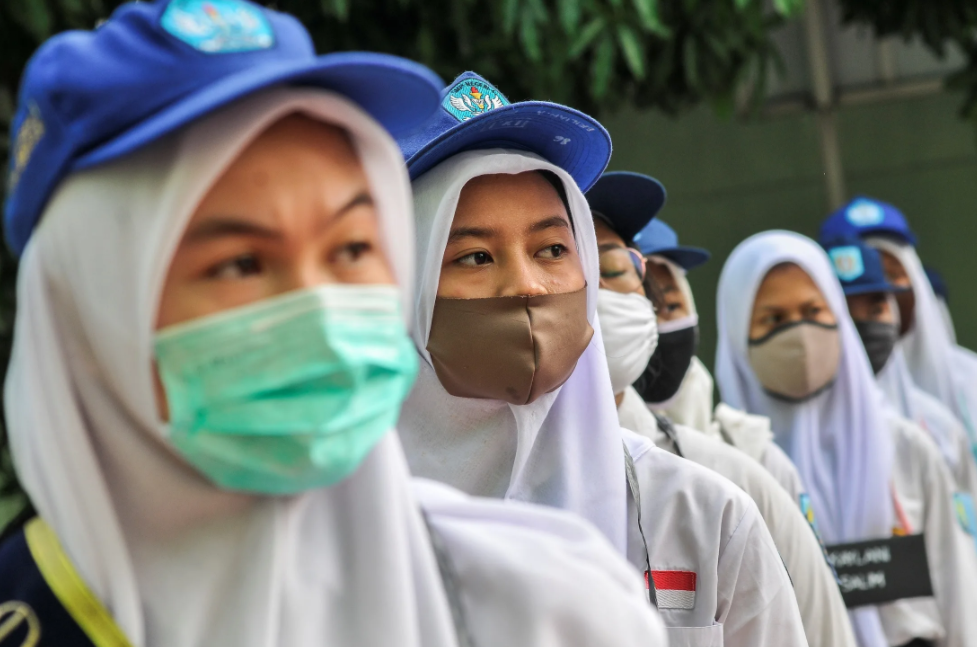 |
| Sinovac has agreed to supply 40 million doses to an Indonesian state-owned company. (Photo: Reuters) |
China's Sinovac Biotech Ltd launched on Tuesday a late-stage human trial involving as many as 1,620 patients in Indonesia for a COVID-19 vaccine candidate that it is developing with Indonesian state-owned peer Bio Farma. The Japan Times stated that the candidate, known as CoronaVac, is among few potential vaccines that have entered late-stage trials for a large-scale study to gather proof of efficacy for regulatory approval.
An article on Bloomberg claimed though relying on an old approach, CoronaVac possesses considerable strengths.
How does CoronaVac work?
Many of the COVID-10 vaccine projects underway around the world are focused on new technologies—inoculations based on messenger RNA, for example, or genetically modified cold viruses. SinoVac - the company developing one of China’s leading vaccine candidates, by contrast, is betting that humanity’s best chance may lie with a shot not too different from the kind that’s been in use for hundreds of years.
CoronaVac relies on an inactive version of the novel coronavirus to teach human immune systems to recognize and destroy the real thing. In terms of timing, the company was ahead of most other potential vaccines, including the new models meant to facilitate strong protection and fast production.
Sinovac’s method is relatively crude, relying on a similar principle to the one Edward Jenner, the 18th century British scientist sometimes called the father of immunology, employed when he used the mild cowpox virus to perform the first-ever inoculations against smallpox. But it just might work—and it could be easier to use than the never-before-tried approaches of other companies.
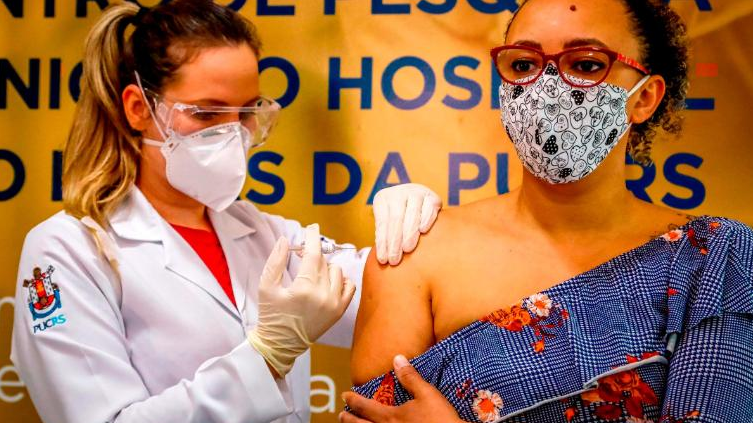 |
| A volunteer receives a COVID-19 vaccine produced by Chinese company Sinovac Biotech at the Sao Lucas Hospital, in Porto Alegre, southern Brazil. (Photo: CNN) |
Can an old method be the answer to new problem?
There’s a case to be made that traditional vaccines could be most effective in stopping Covid-19, said Bloomberg. The advantage of this approach is that “you are putting in many kinds of proteins,” says William Haseltine, a pioneering AIDS researcher who now chairs Access Health International Inc., a New York-based think tank. “Many of those proteins may induce cell-mediated immunity”—an attack by so-called T cells, for example, rather than just antibodies. It’s far from certain, he says, “but it is clearly a possibility.”
Besides, while no mRNA vaccine, for example, has ever been licensed for human use, manufacturers have decades of experience with inactivated-virus inoculations, making production problems unlikely. And those vaccines generally don’t need to be frozen, a significant boon in developing countries and rural areas where refrigeration capacity may be limited.
On the other hand, inactivated vaccines can require several booster shots to achieve strong immunity, and production means handling large amounts of a dangerous virus. In theory, mRNA vaccines should also be much faster to manufacture, because they require only tiny volumes of raw material to produce millions of doses.
| CoronaVac, the vaccine candidate from Sinovac, is part of China's push to be at the forefront of rolling out immunizations against the deadly novel coronavirus -- and to demonstrate its scientific prowess. CoronaVac's last-stage trials are being rolled out in Brazil and Indonesia with about 11,000 volunteers, according to CNN. |
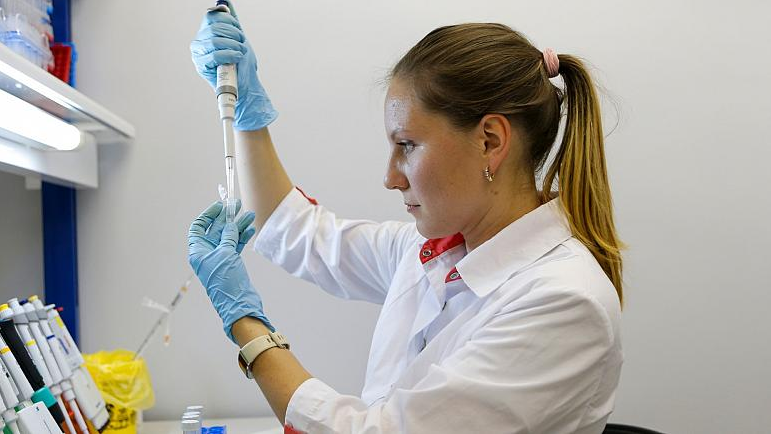 | Russia's COVID-19 vaccines: Moscow citizens are urged to take part in trial test The mayor of Moscow invited residents Wednesday to join trials of a coronavirus vaccine that Russia approved for use earlier this month, in what officials ... |
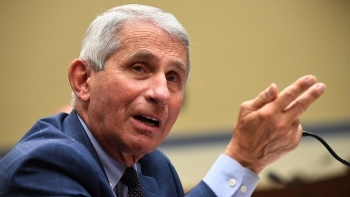 | Anthony Fauci warns of rushing COVID-19 vaccine could undermine the testing of others Anthony Fauci cautioned Monday that rushing out a COVID-19 vaccine under special emergency use guidelines before it has been proved safe and effective could undermine ... |
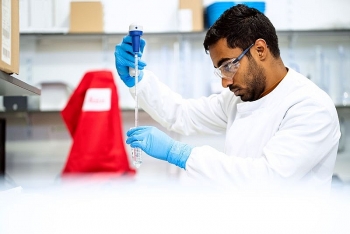 | Australia to commit $80m to guarantee access to COVID vaccine for all Australia will support the Gavi COVAX Facility Advance Market Commitment (COVAX AMC) to improve access for Pacific and Southeast Asian countries to safe, effective and ... |
Recommended
 World
World
Pakistan NCRC report explores emerging child rights issues
 World
World
"India has right to defend herself against terror," says German Foreign Minister, endorses Op Sindoor
 World
World
‘We stand with India’: Japan, UAE back New Delhi over its global outreach against terror
 World
World
'Action Was Entirely Justifiable': Former US NSA John Bolton Backs India's Right After Pahalgam Attack
 World
World
US, China Conclude Trade Talks with Positive Outcome
 World
World
Nifty, Sensex jumped more than 2% in opening as India-Pakistan tensions ease
 World
World
Easing of US-China Tariffs: Markets React Positively, Experts Remain Cautious
 World
World

